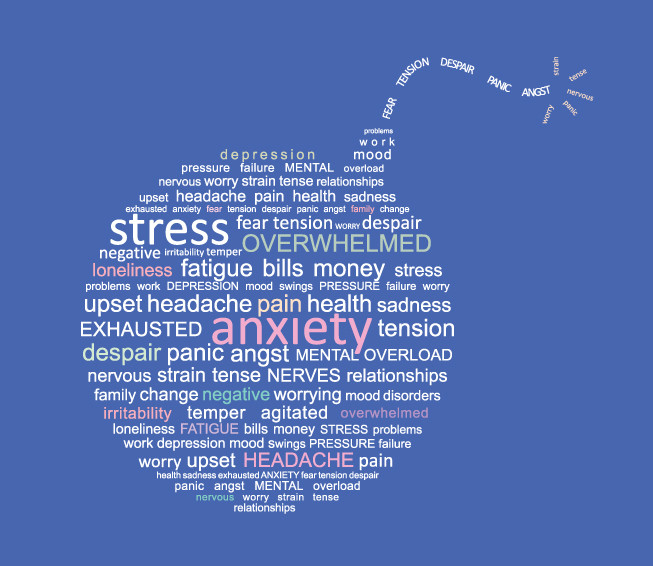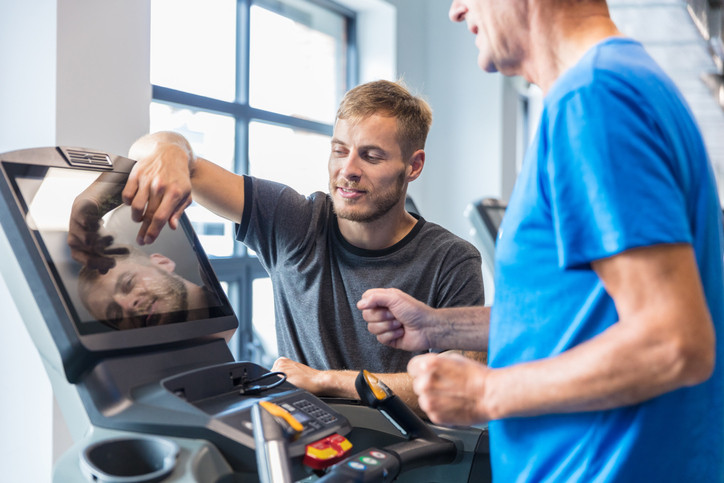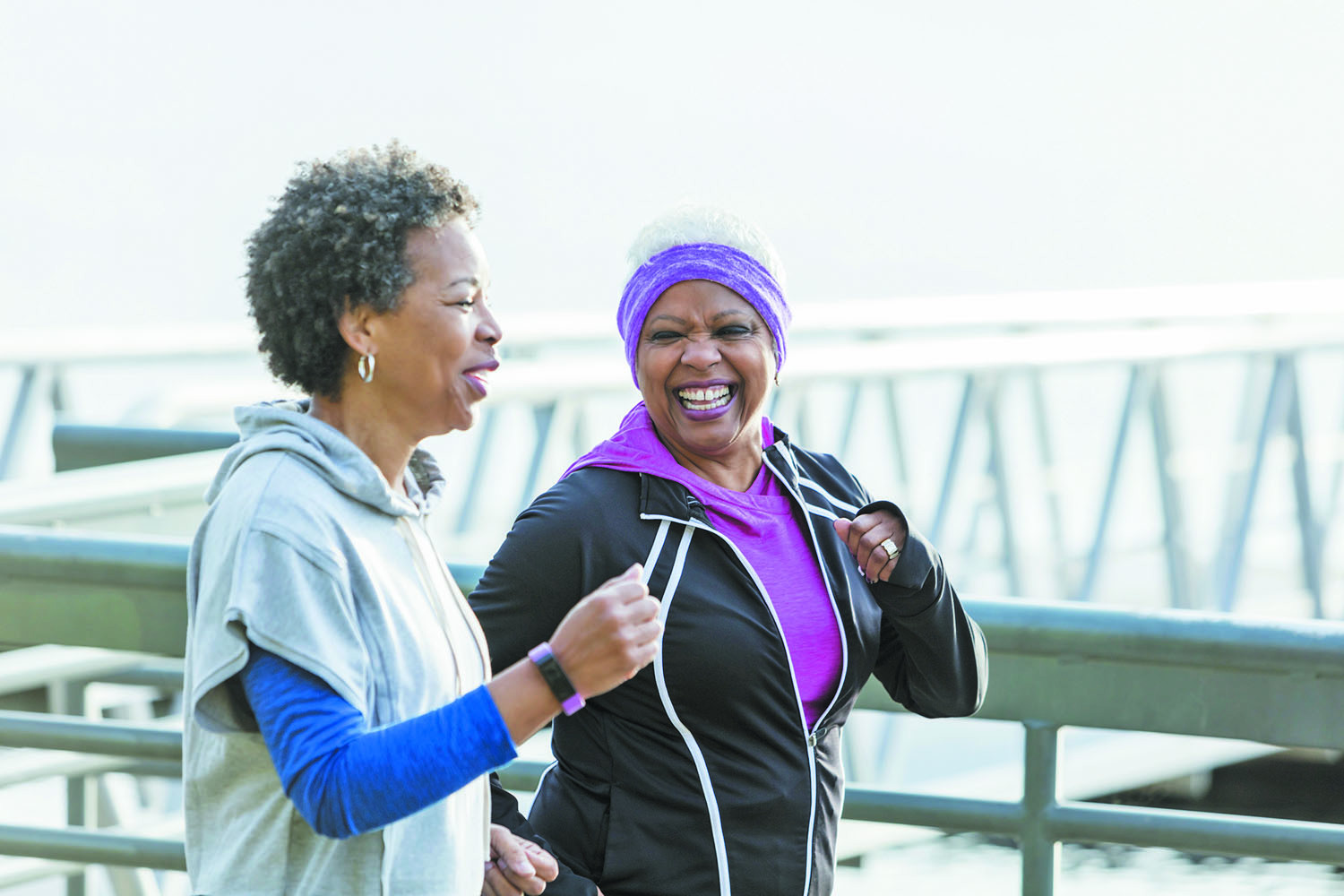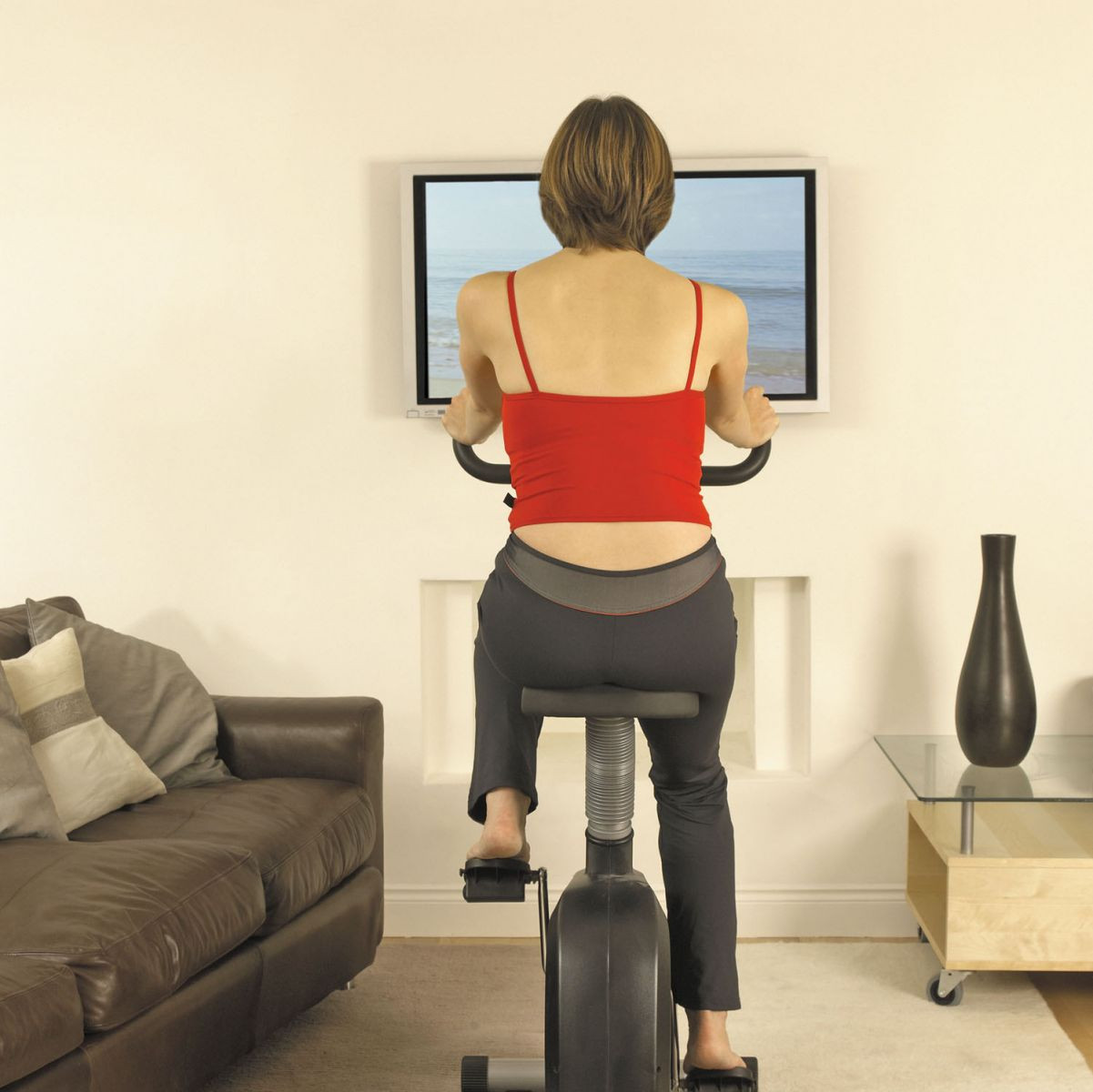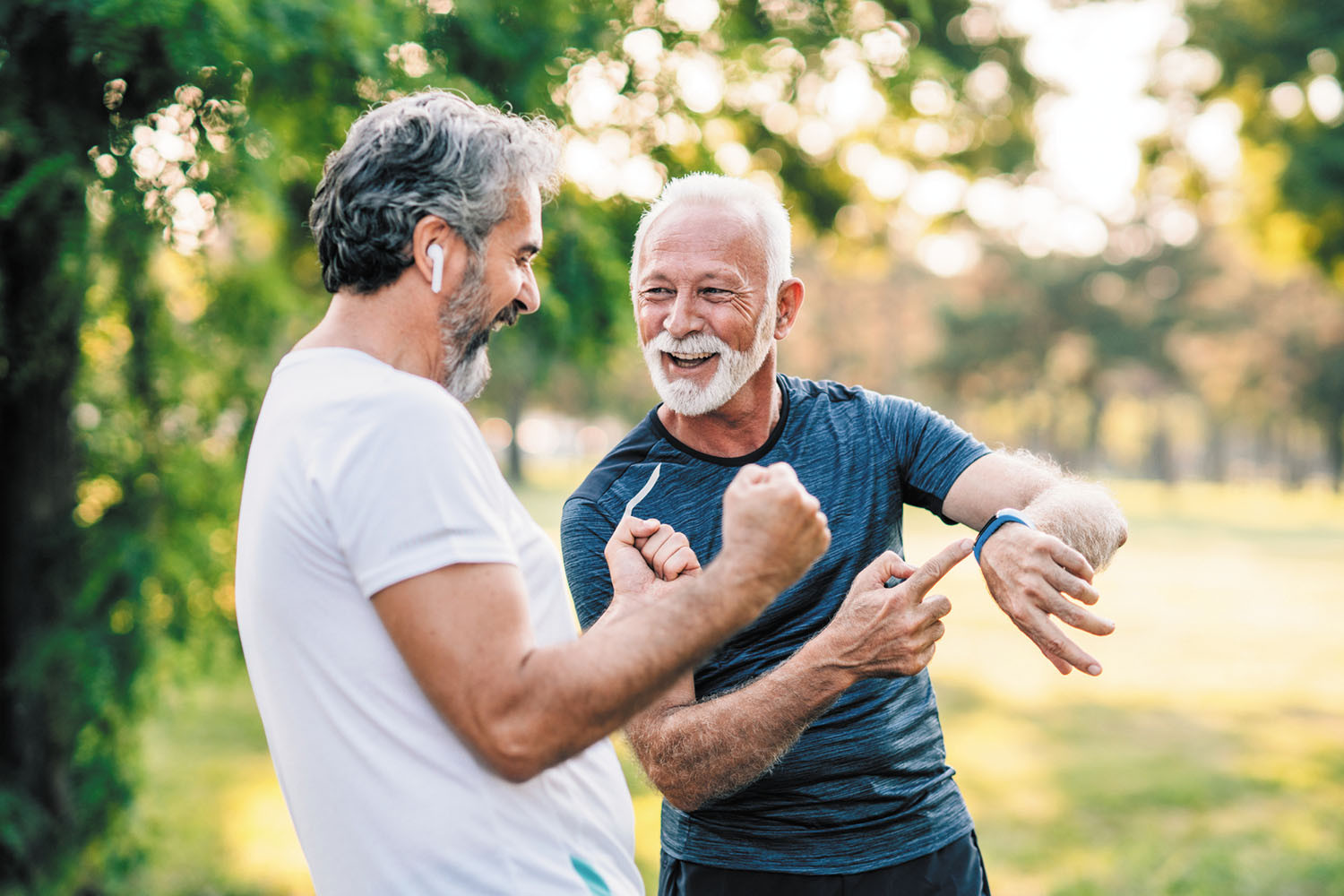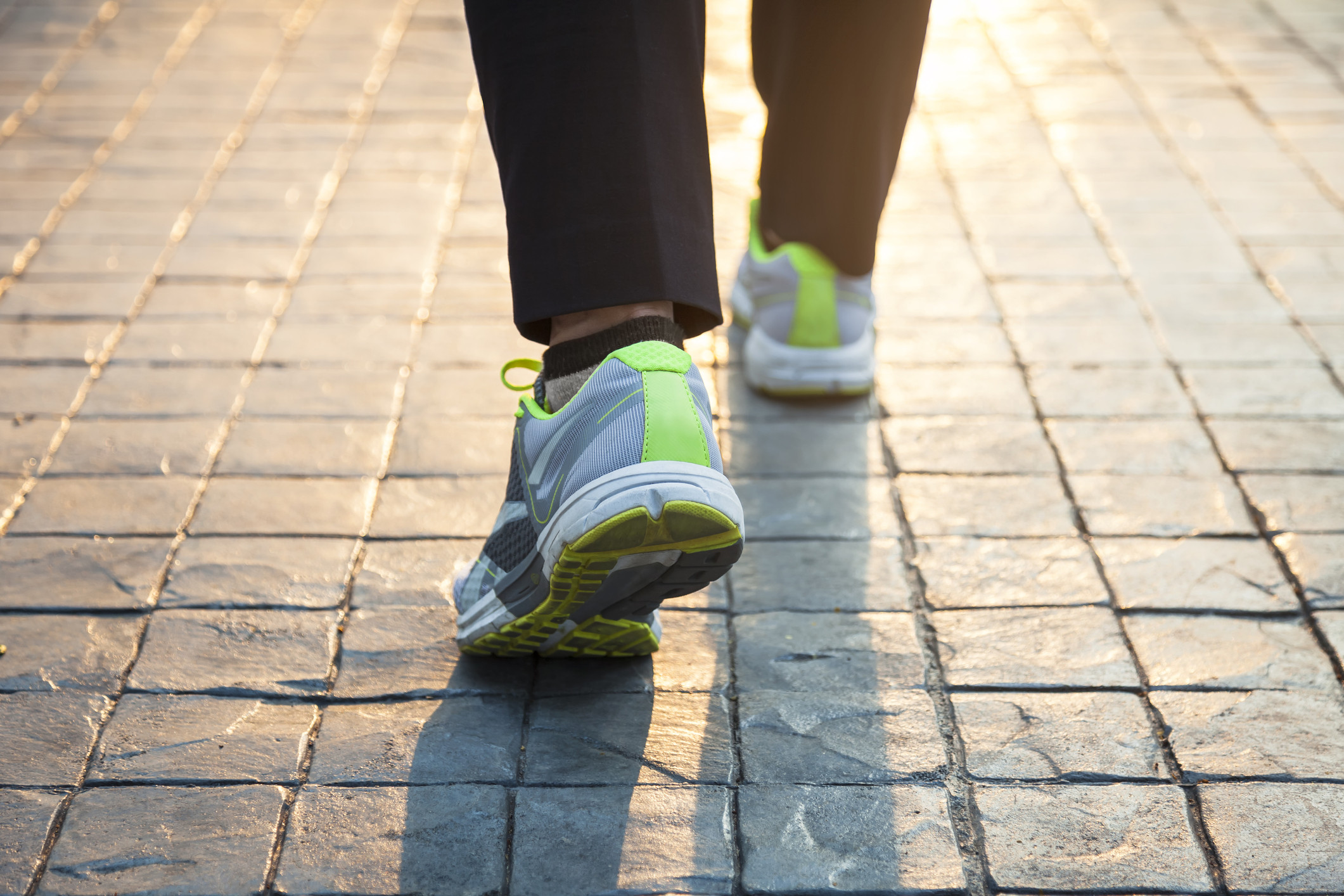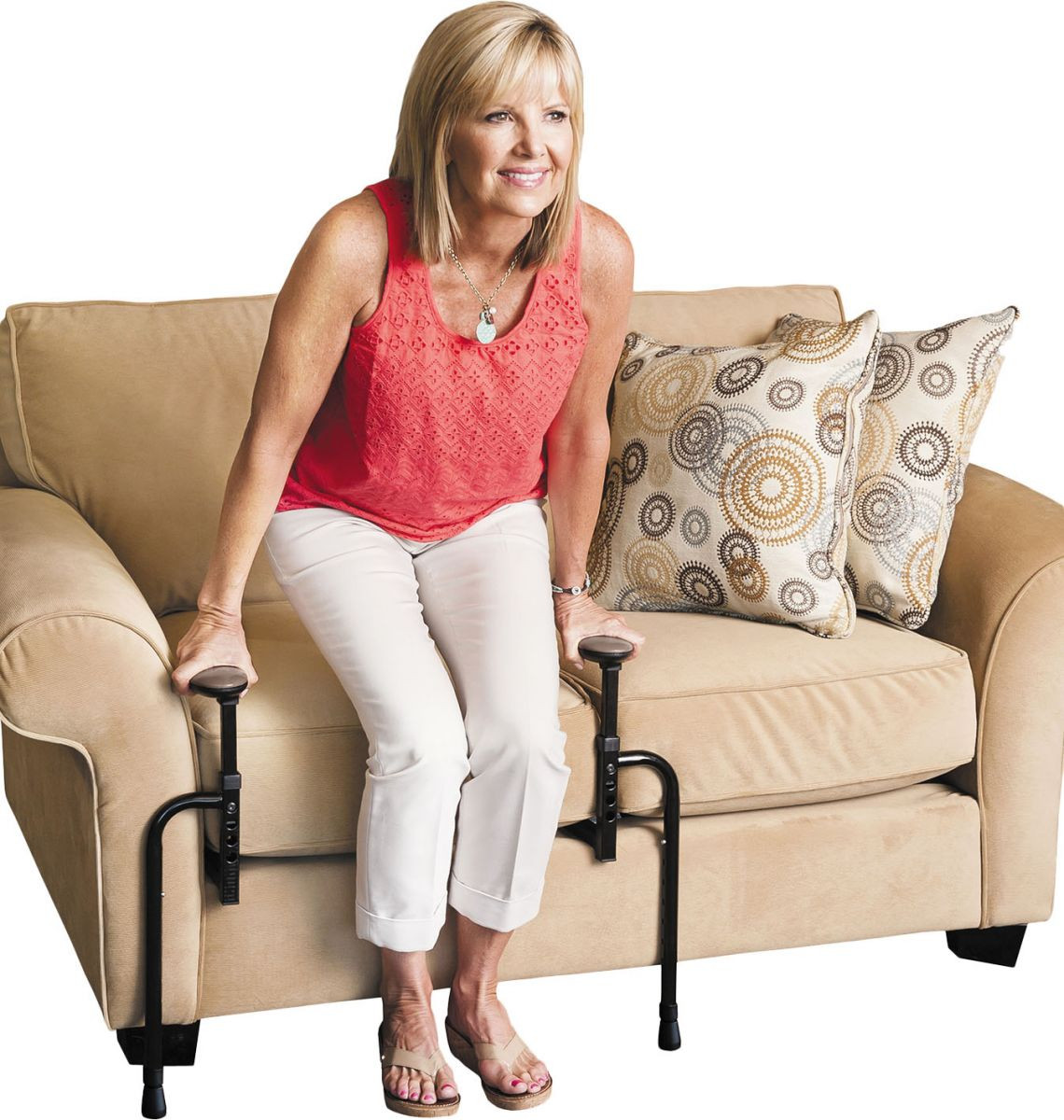
How does prostate cancer treatment affect mental health?

5 timeless habits for better health

What are the symptoms of prostate cancer?

Is your breakfast cereal healthy?

When pain signals an emergency: Symptoms you should never ignore

Does exercise give you energy?

Acupuncture for pain relief: How it works and what to expect

How to avoid jet lag: Tips for staying alert when you travel

Biofeedback therapy: How it works and how it can help relieve pain

Best vitamins and minerals for energy
Exercise & Fitness Archive
Articles
Can exercise help treat anxiety?
Millions of Americans report having an anxiety disorder. Evidence shows engaging in any sort of physical activity is one of the best ways to ease symptoms of anxiety. Regular activity is best, but even a single bout can help.
Should I participate in a cardiac rehabilitation program?
For people who have had a heart attack or heart surgery, or been diagnosed with angina or a specific kind of heart failure, participating in a cardiac rehabilitation program has medically proven benefits to overall health and quality of life.
How many steps should I take each day?
Ask the doctor
Q. My smartphone tells me how many steps I take each day, but I don't know how many I should shoot for. What should my goal be?
A. You've read in these pages and elsewhere that regular physical activity reduces the risk of heart disease, type 2 diabetes, obesity, and possibly several types of cancer. Regular exercise also reduces the risk of premature death. No medicine yet invented can claim such benefits. Probably the advice you've heard most often is that moderate exercise — like a brisk walk (at about 3 mph) for 30 minutes at least five times a week — will bring all of the above health benefits.
An older adult's guide to exercising in cold weather
The proper warm-up, equipment, and health considerations are key to maintaining an outdoor routine.
You've grabbed a hooded jacket, and you're ready for a brisk walk in the great outdoors. But is that enough to keep you safe in cooler temperatures? An outdoor exercise routine at this time of year brings unique risks and benefits. You need a little planning and preparation to keep exercising outside in the weeks or months to come.
Know the risks
Being exposed to long periods of cold weather poses numerous health risks.
Why you should care about your core
Strengthening the muscles in your midsection may help you stay active and pain-free.
Whether you refer to it as a spare tire, a muffin top, or love handles, having a roll of fat around your waist is pretty common. But even if you're not overweight, a bulging midriff may raise your risk of heart disease.
Despite the many ads that tout "one simple trick" to lose belly fat, there's no getting around it: whittling down your waistline takes a bit of effort. One important step is strengthening your core, which includes the muscles in your abdomen, back, sides, pelvis, and buttocks. However, a strong core is only part of the picture.
The trouble with watching too much TV
Research we're watching
Sitting is sometimes called "the new smoking" because of its detrimental effects on heart health. But some types of sitting may be worse than others, according to a study in the July 2 Journal of the American Heart Association.
Researchers interviewed 3,592 African American adults about their daily activities and followed them for roughly eight years. About one-third watched fewer than two hours of TV a day. Another third watched two to four hours daily, while the remaining third watched more than four hours. People in the latter group had a 49% higher risk of heart attack, stroke, and death than those in the first group. However, there was no difference in heart-related events between people who spent most or all of their day sitting at work and those who rarely or ever sat at work.
Have a ball with exercise
Big, round, and soft, exercise balls can put some bounce back into your workouts.
They go by many names: Swiss balls, physio balls, stability balls, or simply exercise balls. No matter what you call them, one of these large, lightweight inflatable balls is one of the most versatile and supportive pieces of equipment you can own.
"Exercise balls are so simple in design and function, yet they can be used for all kinds of home and gym exercises," says Dr. Rachel Lampros, a sports physical therapist with Harvard-affiliated Massachusetts General Hospital. "They can add more benefits to standard exercises like dumbbell curls and sit-ups, and they're one of the best ways to help people with specific limitations. There's a good reason why they are so popular with trainers and physical therapists."
Counting daily steps can make you more active
In the journals
People who track their daily steps generally become more active and are less likely to develop certain health problems, suggests a study published online June 25, 2019, by PLOS Medicine. Researchers examined information on about 1,300 adults (41% men), ages 45 to 75, from two trials. Most were nonsmokers in good health and without cardiovascular disease. The people took an average of 7,500 steps a day and did about 90 minutes a week of moderate-to-vigorous physical activity.
For the trials, half the participants tracked their steps with a pedometer for 12 weeks while the others did not. The pedometer group also received handbooks on walking programs and regular interactions with nurses who offered support and helped them set fitness goals. Some continued to track their daily steps after the trials ended, while others said the experience helped them better gauge how many steps they take each day.
Leg pain when you walk? Don’t ignore it
Leg pain when walking that eases with rest may be a sign of peripheral artery disease, which raises risk for other cardiovascular problems. Lifestyle changes — keep walking! — and treatment help.
5 tools to help you stand up on your own
Protect your independence with gadgets for your home or car.
The simple act of standing up from a sitting position is one of the most important for independence, especially in the bathroom. But the ability to get up sometimes goes south as we age. It could be because of a medical problem or just too much sitting. "When you sit and bend your knee, the gluteal muscles in the buttocks and the quadriceps in the thighs are lengthened. If you sit all the time, the muscles become overstretched and weak," says Clare Safran-Norton, clinical supervisor of rehabilitation services at Harvard-affiliated Brigham and Women's Hospital.
Exercise can help
If you're able to exercise, try strengthening the "glutes" and quadriceps regularly with exercises you can do around the house.

How does prostate cancer treatment affect mental health?

5 timeless habits for better health

What are the symptoms of prostate cancer?

Is your breakfast cereal healthy?

When pain signals an emergency: Symptoms you should never ignore

Does exercise give you energy?

Acupuncture for pain relief: How it works and what to expect

How to avoid jet lag: Tips for staying alert when you travel

Biofeedback therapy: How it works and how it can help relieve pain

Best vitamins and minerals for energy
Free Healthbeat Signup
Get the latest in health news delivered to your inbox!
Sign Up
